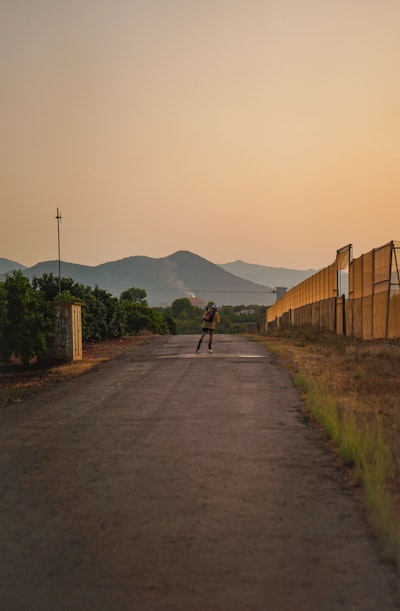The New Reality of US Deportations: What Recent South Sudan Cases Reveal About Immigration Policy Shifts
Recent news about the US deporting eight men to South Sudan—after weeks of legal limbo in Djibouti—has brought urgent attention to evolving immigration policies, the concept of third-country deportations, and human rights implications. As the Trump administration's controversial approach faces scrutiny, new questions emerge: What does deportation to third countries mean for global migration? How are legal challenges shaping the fate of immigrants in the US?
What Are Third-Country Deportations and Why Are They Controversial?
"Third-country deportation" involves sending individuals not back to their homeland, but to a country where the US has agreements to receive them—often places with security and humanitarian concerns. In May, eight men from diverse countries—including Cuba, Laos, Mexico, Myanmar, Vietnam, and South Sudan—were ultimately deported to war-torn South Sudan, despite travel advisories highlighting risks of crime, kidnapping, and armed conflict.
Key concerns include:
- Human Rights Risks: Many fear being sent to unstable regions poses dangers, contrary to international conventions.
- Legal Challenges: US courts have been battlegrounds for immigrants seeking to challenge removals, especially when their safety is at risk.
Supreme Court Rulings and Fast-Track Deportations
In June, the US Supreme Court's conservative majority ruled that immigration officials could swiftly deport people to third countries, limiting immigrant access to court challenges if they're not returned to their birth nation. This pivotal decision has set a precedent affecting asylum-seekers, refugees, and anyone in removal proceedings.
Related Searches:
- "Supreme Court immigration ruling 2025"
- "How does third-country deportation work?"
- "Can deportees challenge removals in US courts?"
US Policy on Immigrant Detention and International Agreements
The recent South Sudan case highlights a trend: the US is striking deals with countries to accept non-citizen deportees—countries that may be ill-equipped to ensure their safety. Temporary detainment in places such as Djibouti, and use of military infrastructure for holding migrants, underlines the complexity and secrecy involved.
Questions arising include:
- What protections exist for deportees sent to dangerous countries?
- Are third-country agreements transparent or subject to human rights oversight?
- What happens to stateless migrants or those whose homeland refuses return?
Safety, Security, and the Rule of Law: Conflicting Priorities?
US officials claim these deportations serve national security and uphold the rule of law. Critics argue they can violate international human rights norms and due process by removing individuals to regions deemed unsafe by the State Department itself.
Debate:
- Is prioritizing national security compatible with international humanitarian standards?
- Should the US reconsider the practice of third-country deportations, especially to conflict zones?
How Are Immigrants and Advocates Responding?
Immigrant rights groups are increasingly challenging these transfers, raising awareness about the dangers and due process concerns. Legal strategies include appeals to federal judges and urgent requests to the Supreme Court, but those judicial avenues are narrowing as new precedents take hold.
FAQ: US Third-Country Deportation Policy
Q: What is a third-country deportation?
A: It’s when the US sends a deportee to a country that is neither their homeland nor the US, but a third nation with whom the US has an agreement.
Q: Can immigrants challenge third-country deportations in court?
A: They can try, but recent Supreme Court decisions have sharply limited these challenges, especially when the recipient country is not their homeland.
Q: Is it legal to send people to countries in conflict?
A: The US argues it is legal under international agreements, but human rights organizations dispute this, citing conventions against refoulement.
Conclusion: What’s Next for US Immigration and International Deportation Policy?
The South Sudan deportation case shines a spotlight on the new frontiers—and contentious debates—of US immigration enforcement. As the legal and ethical landscape shifts, understanding third-country removals is critical for policymakers, advocates, and anyone concerned about the future of global migration.
Further Reading:
- UN Refugee Agency on Non-Refoulement
- US State Department Travel Advisories
- American Immigration Council – Deportation Policies
Stay informed as these evolving policies shape lives—and the political debate—at the heart of immigration in America.

Comments
No comments yet. Be the first to comment!